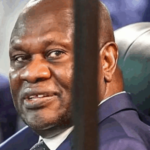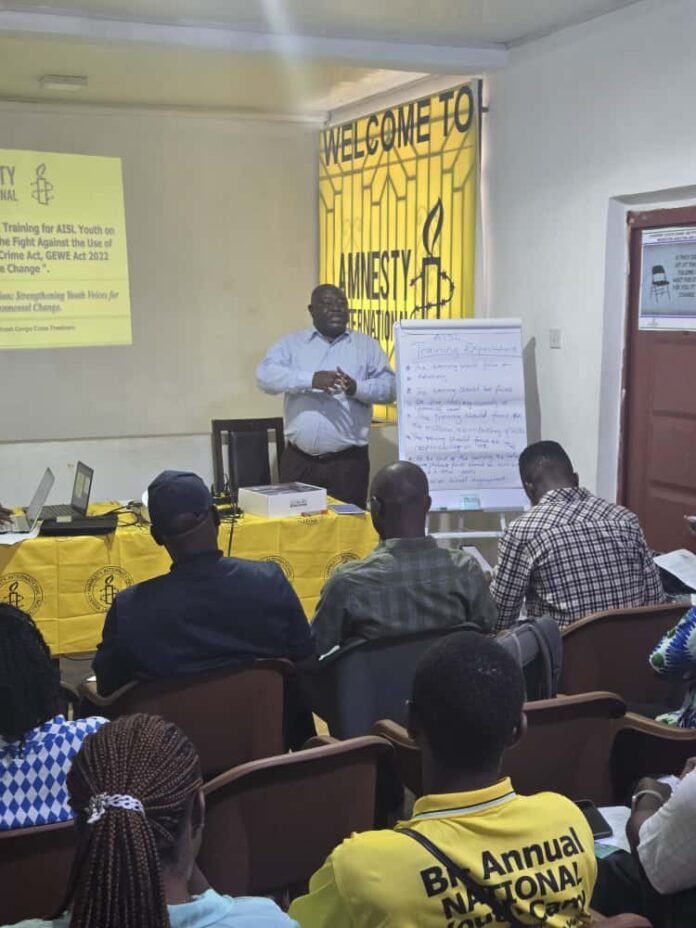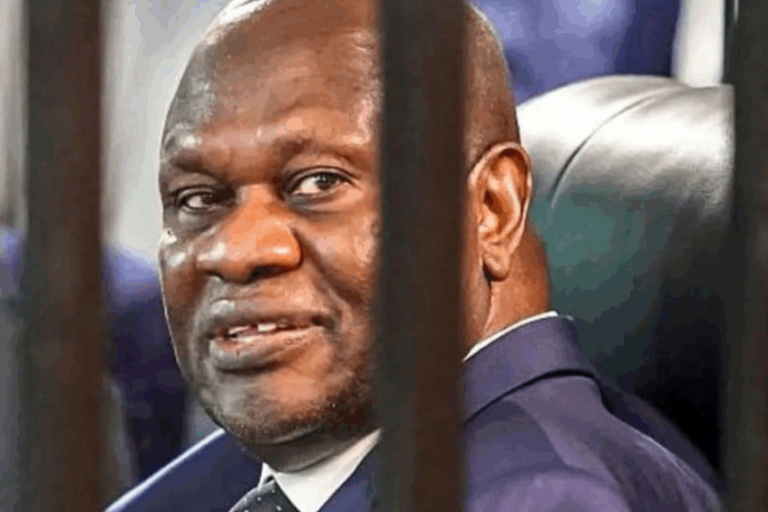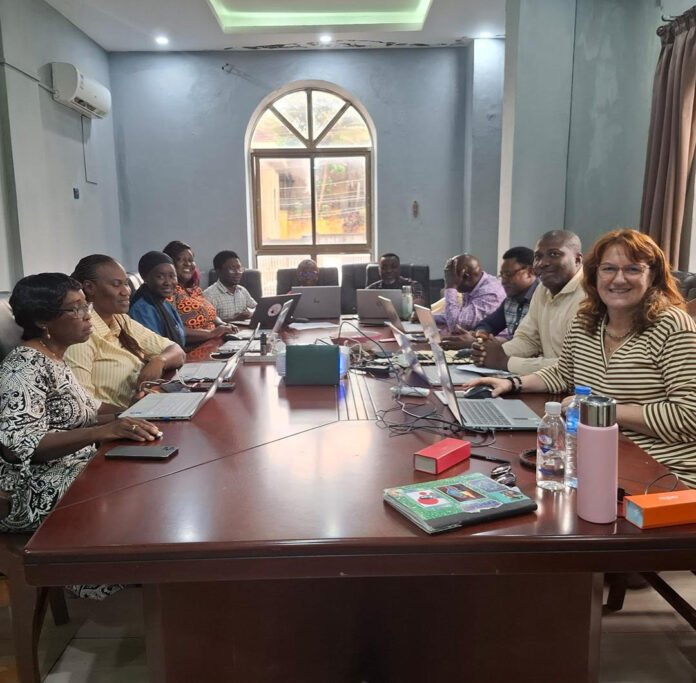
By Alvin Lansana Kargbo
Over the past five years, the price of mobile data in Sierra Leone has remained remarkably stable and, in fact, has significantly declined despite public perception that costs have gone up. In 2016 1GB was 20 US dollars, Industry figures show that when subscribers once paid about US $1.50 for 1 GB of data, the same amount now costs roughly US $0.90, reflecting a drastic reduction in the overall trend of data prices across the country. Contrary to popular belief, telecommunications operators have worked steadily to make internet access more affordable and reliable for users nationwide.
This reality came into sharper focus during recent public debates surrounding new data plans introduced by some mobile operators. Many subscribers initially assumed those adjustments represented a price hike, but closer analysis indicates that the changes were not increases in tariffs. Rather, they were promotional initiatives and network management reforms aimed at improving service quality, ensuring fairness and easing congestion on increasingly busy data networks.
According to industry experts, the adjustments were introduced only after extensive consultations with the National Telecommunications Authority (NaTCA), civil society groups and the media. The objective, they explained, was to establish a fairer structure that would allow every subscriber to enjoy stable internet speeds.
Under the previous open model, a small number of heavy users consumed a disproportionate share of bandwidth, often slowing connections for others. The revised frameworks, based on internationally accepted best practices, help maintain balance and ensure that the overall user experience remains fast, reliable and equitable.
Telecommunications analysts further note that those new plans did not remove unlimited browsing. Instead, they introduced mechanisms to regulate internet speeds temporarily after unusually high levels of data consumption within a short period. This approach, they said, protects network performance and enhances the experience for the majority of customers. Operators remain committed to affordability and are actively expanding connectivity from urban centers like Freetown to the most remote communities in the provinces.
However, the rollout of these new structures drew the attention of the Parliamentary Committee on Information and Communications, which ordered that certain plans be reviewed and temporarily adjusted. The operators promptly complied with the directive, made necessary modifications to specific bundles and reaffirmed their commitment to transparency and public accountability. They also maintained that all consultations had been completed with NaTCA before the implementation, underscoring that the revisions were part of ongoing efforts to improve user satisfaction and service quality.
Over the years, Sierra Leone’s telecommunications industry has continued to demonstrate progress in affordability, innovation and infrastructure investment. The sector’s sustained focus on network expansion and digital inclusion has helped bridge the connectivity gap and improve access to digital services for millions.
Ultimately, claims that data prices have risen are not supported by the facts. The evidence clearly shows that mobile data prices in Sierra Leone have dropped sharply over the past five years, marking a drastic reduction in the overall trend of costs. As operators continue to strengthen their networks and refine pricing models, they reaffirm a central goal; to keep data affordable, reliable and accessible to every Sierra Leonean.














